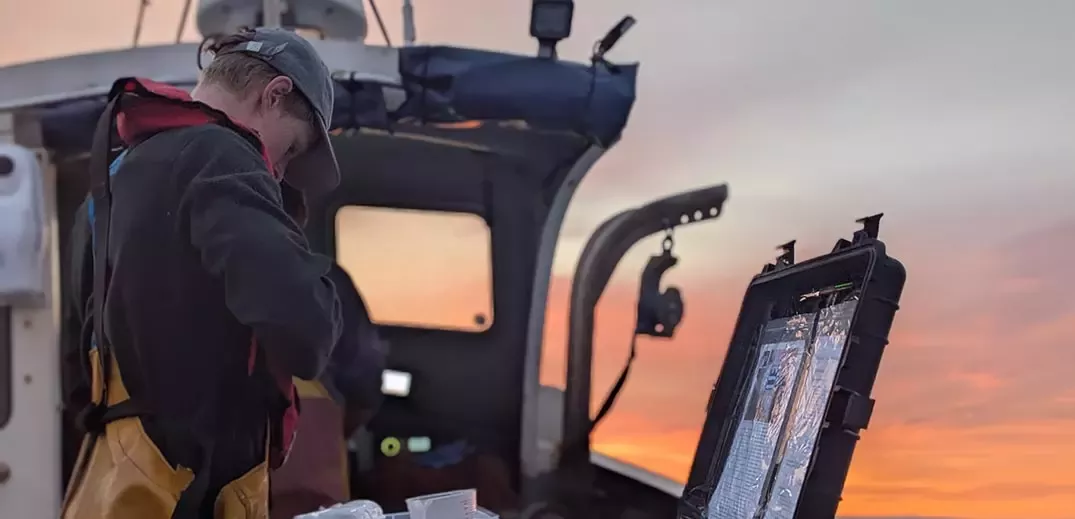Thursday, 26 February 2026
Nestlé enters research collaborations to explore innovative aquaculture
One approach involves farming different aquatic species from various levels of the food chain together Transforming the world’s food and agriculture systems is essential to feed the growing global population…

One approach involves farming different aquatic species from various levels of the food chain together
Transforming the world’s food and agriculture systems is essential to feed the growing global population within planetary boundaries. To support this transition, Nestlé is engaged in research collaborations exploring innovative food production practices across the value chain, including marine production systems.
Together with external partners in New Zealand and the United Kingdom, the Nestlé Institute of Agricultural Sciences is researching the potential environmental benefits and scalability of an innovative aquaculture approach.
Aquaculture has the potential to improve the sustainability of our food systems, from low-carbon ingredients in foods to algal bioplastics for packaging. One approach involves farming different aquatic species from various levels of the food chain together. Known as integrated multi-trophic aquaculture, it can enable the waste from one species to serve as food for another – a natural recycling process that helps to maintain water quality. This species diversification can also help to improve biodiversity and income stability for farmers.
In New Zealand, Nestlé is partnering with the Cawthron Institute, the country’s largest independent science organisation, to study the interactions between different species of seaweed and shellfish. Supported by the Cawthron Institute’s marine science and aquaculture expertise, as well as local PhD research, this work will help scientists to better understand the best mix of species and ocean conditions to optimise productivity and environmental benefits.
In parallel, Nestlé is conducting research on offshore conditions at an existing aquaculture farm with the start-up Algapelago in the United Kingdom. The farm, located off the north coast of Devon, features seaweed and mussels growing together. Scientists use a combination of state-of-the-art monitoring technology and field data collection to evaluate biodiversity, water quality, environmental conditions and productivity. In partnership with the University of Portsmouth, this research also benefits from the expertise of local marine scientists and PhD researchers.
Jeroen Dijkman, Head of the Nestlé Institute of Agricultural Sciences: “This collaborative research will provide new, science-based insights on the contribution that integrated multi-trophic aquaculture can make towards sustainable food production while optimising marine ecosystem restoration and carbon sequestration.”
Technology
Deakin University and Bellarine Foods Partner to Develop Sustainable Marine-Derived Proteins
Feb 26, 2026 | Australia
Royal Unveils Refreshed Jute Bag Design for 20lb Authentic Basmati
Feb 25, 2026 | Company News
Australian Medical Bodies Push for Compulsory Health Star Labelling
Feb 24, 2026 | Australia
Food Testing
Australian Medical Bodies Push for Compulsory Health Star Labelling
Feb 24, 2026 | Australia
Tim Hortons Singapore Secures Majlis Ugama Islam Singapura Halal Certification Ahead of Ramadan
Feb 23, 2026 | Company News
More Popular
UAE’s Cult Mochi Brand MOISHI Makes India Entry with CK Israni Group
Feb 26, 2026 | Company News
Roquette Launches Breakthrough Clean-Tasting Pea Protein Isolate
Feb 26, 2026 | Company News
Affron Saffron Attains First Stress Relief Claim by South Korean Ministry of Food and Drug Safety
Feb 26, 2026 | Company News





